| |
|
O Nature! I do not aspire
To be the highest in thy choir, -
To be a meteor in thy sky,
Or comet that may range on high;
Only a zephyr that may blow
Among the reeds by the river low;
Give me thy most privy place
Where to run my airy race.
In some withdrawn, unpublic mead
Let me sigh upon a reed,
Or in the woods, with leafy din,
Whisper the still evening in:
Some still work give me to do, -
Only - be it near to you!
For I'd rather be thy child
And pupil, in the forest wild,
Than be the king of men elsewhere,
And most sovereign slave of care;
To have one moment of thy dawn,
Than share the city's year forlorn.
This poem is in the public domain.
|
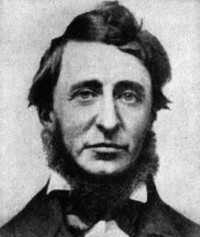
Henry David Thoreau (1817 - 1862) was an American writer who celebrated nature and independence; we know him best for his book, Walden, which chronicles two years of life he spent in a tiny cabin on the shores of Walden Lake, and for his essay, Civil Disobedience, works cited as powerful influences by no less than Mahatma Gandhi and Martin Luther King, Jr. Thoreau (which is pronounced "THUR-oh," by the way, not "thu-ROW") was a contemporary and friend of Ralph Waldo Emerson, Louisa May and Bronson Alcott, and Nathaniel Hawthorne; he lived his entire life in Massachusetts and was a graduate of Harvard. To learn more about him, visit https://www.walden.org/thoreau/.
.jpg) 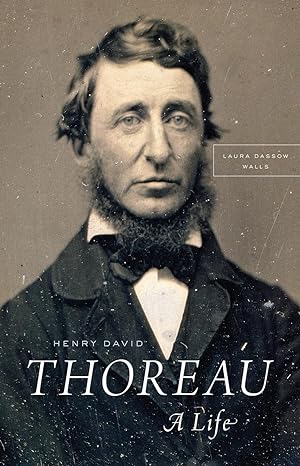 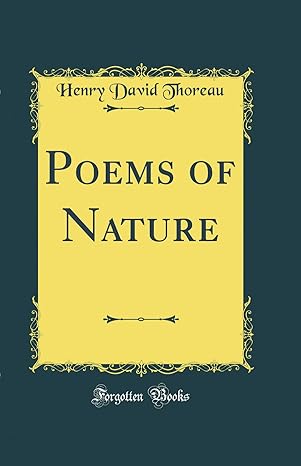 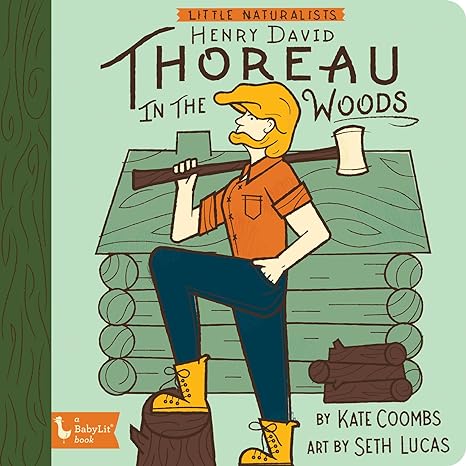
|
|
EstherJ:
Inspirational! Though towns and cities have some good points also, God's creation does feed the soul.
Posted 05/04/2025 11:50 AM
|
Darrell Arnold:
I truly love Ol' Dave's appreciation of nature. On many occasions, I have sat in stillness on a mountainside, sat until my presence was forgotten and then unnoticed among the living creatures there. It was always very rewarding to listen to the birds and mammals and insects get back to their often noisy activities, and just, myself, become part of the background. To have a wild elk, or deer, or bear pass near and never know you were there has always been a special blessing. "Out there" is far more enjoyable than in town. This poem even "feels" like a quiet forest glade.
Posted 05/04/2025 08:50 AM
|
|
|
|

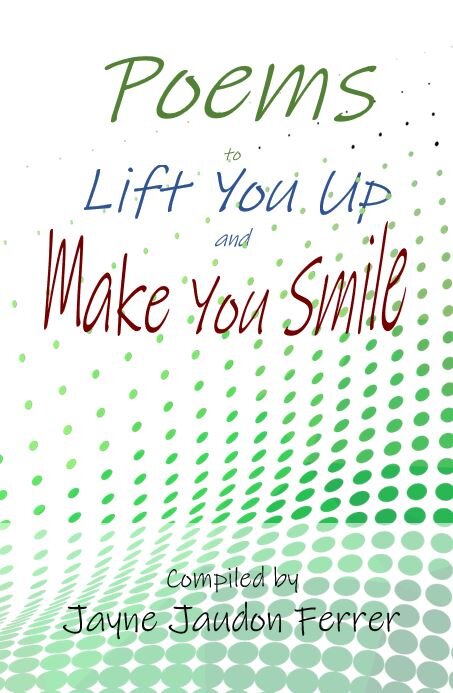



.jpg)


